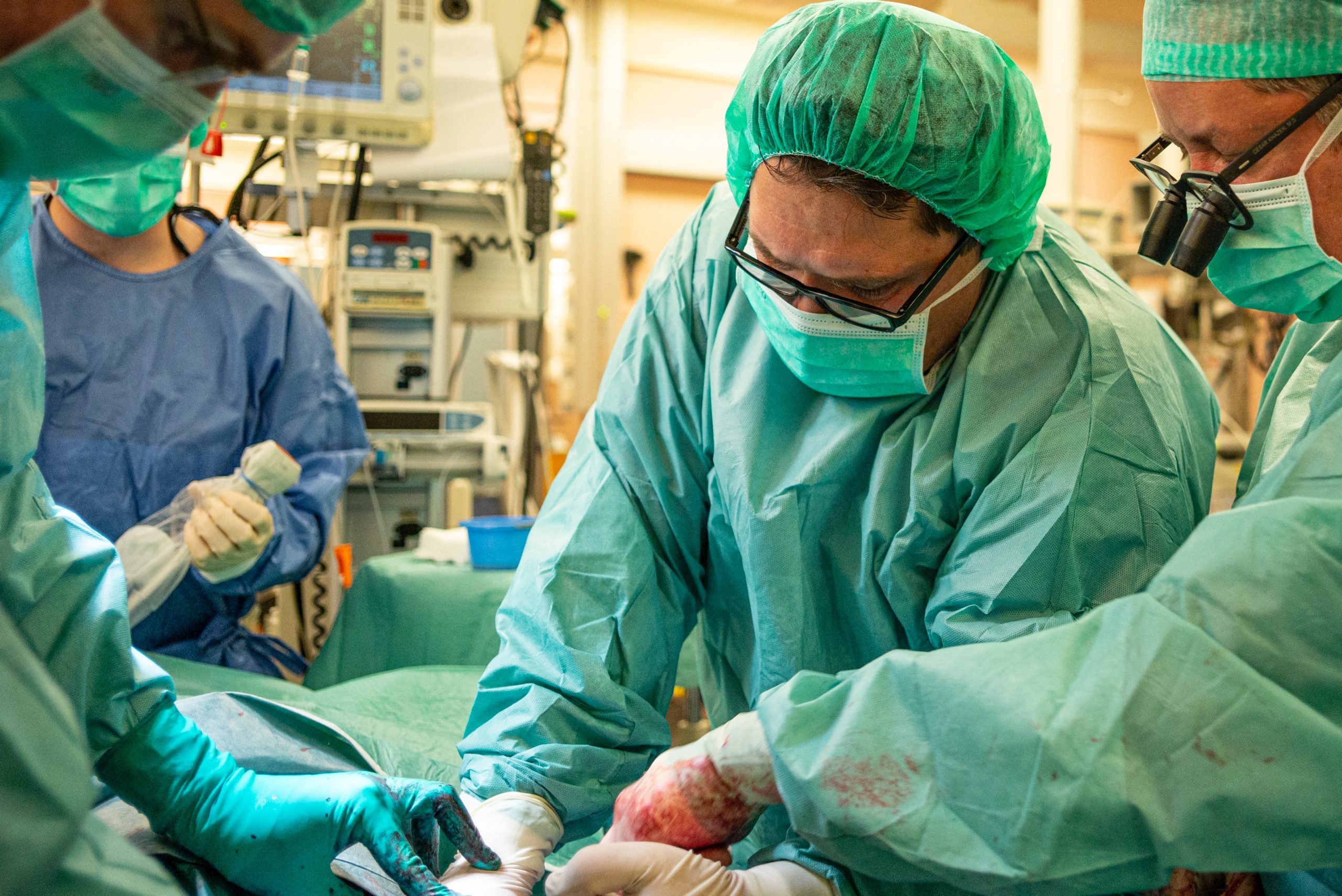
People fear returning to routine hospital services due to coronavirus, according to a survey of more than 1,300 patients at Vanderbilt University Medical Center.
Medical professionals have spent more time treating patients with Covid-19 and conserving resources, and this led to disruptions in routine hospital services.
With this, patients either postponed or canceled health care visits and surgeries.
While it is now possible to return to normal health care operations and elective procedures, patients remain concerned about going to the hospital.
According to them, they fear seeking routine hospital services due to the risk of being infected by other patients. Based on a report published in the peer-reviewed New England Journal of Medicine, more than half of the participants admitted to postponing routine hospital services during the coronavirus pandemic.
The study cites early evidence showing that persons under quarantine and stay-at-home restrictions could experience depression and anxiety. This mental health issue could further exacerbate concerns about becoming sick or hospitalized.
Moreover, patients were careful about taking elective procedures and surgeries, with less than 20% willing to undergo procedures immediately. Meanwhile, 63% to 70% of the survey respondents say they would like to wait for at least four weeks.
For those with severe conditions, 81% of patients said they would seek hospital care right away. Around 10% of participants intend to wait longer than six months to continue with routine care for non-urgent conditions.
Medical centers and physicians are the main factors in influencing patients to seek necessary health care services in a timely manner, according to the study. Findings show that patients considered the medical center and their doctor the most important sources of information in terms of safety in returning to routine health care.
Impact on related industries
The postponement of routine hospital services due to coronavirus also has an impact on medical device companies.
Johnson & Johnson’s Medical Devices division reported low sales in the first quarter due to the delay of medical procedures in its Surgery, Orthopaedics, Interventional Solutions and Vision businesses.
Alcon had to withdraw its 2020 financial guidance because there were no eye care procedures and exams in most countries.
Smith & Nephew, the global medical technology business, felt the impact in its Orthopaedic Reconstruction, Sports Medicine and ENT (ear, nose and throat) businesses due to lower levels of elective surgery in the quarter. Their Advanced Wound Management and Trauma businesses have been showing resilience.
Optimistic outlook
Several analysts remain optimistic about the return of elective procedures after the coronavirus pandemic.
“We expect the Ortho sector will demonstrate one of the fastest recoveries toward pre Covid-19 volumes in 2H20 and 2021 as government policies and restrictions are lifted and pent up demand is worked through,” Morgan Stanley analyst Michael K. Jungling said in a research note published June 4 on Smith & Nephew.
“We believe the fundamental business is less challenged compared to other sectors,” he added.
Meanwhile, the Berenberg equity research team stated in a note on July 9 that as lockdown restrictions loosen, particularly in Europe, North America, and Asia-Pacific, elective procedure volumes started to resume and did so fast.
On Smith & Nephew shares, the team stressed: “Having seen how quickly volumes can recover, we would regard any share price weakness as a buying opportunity.






